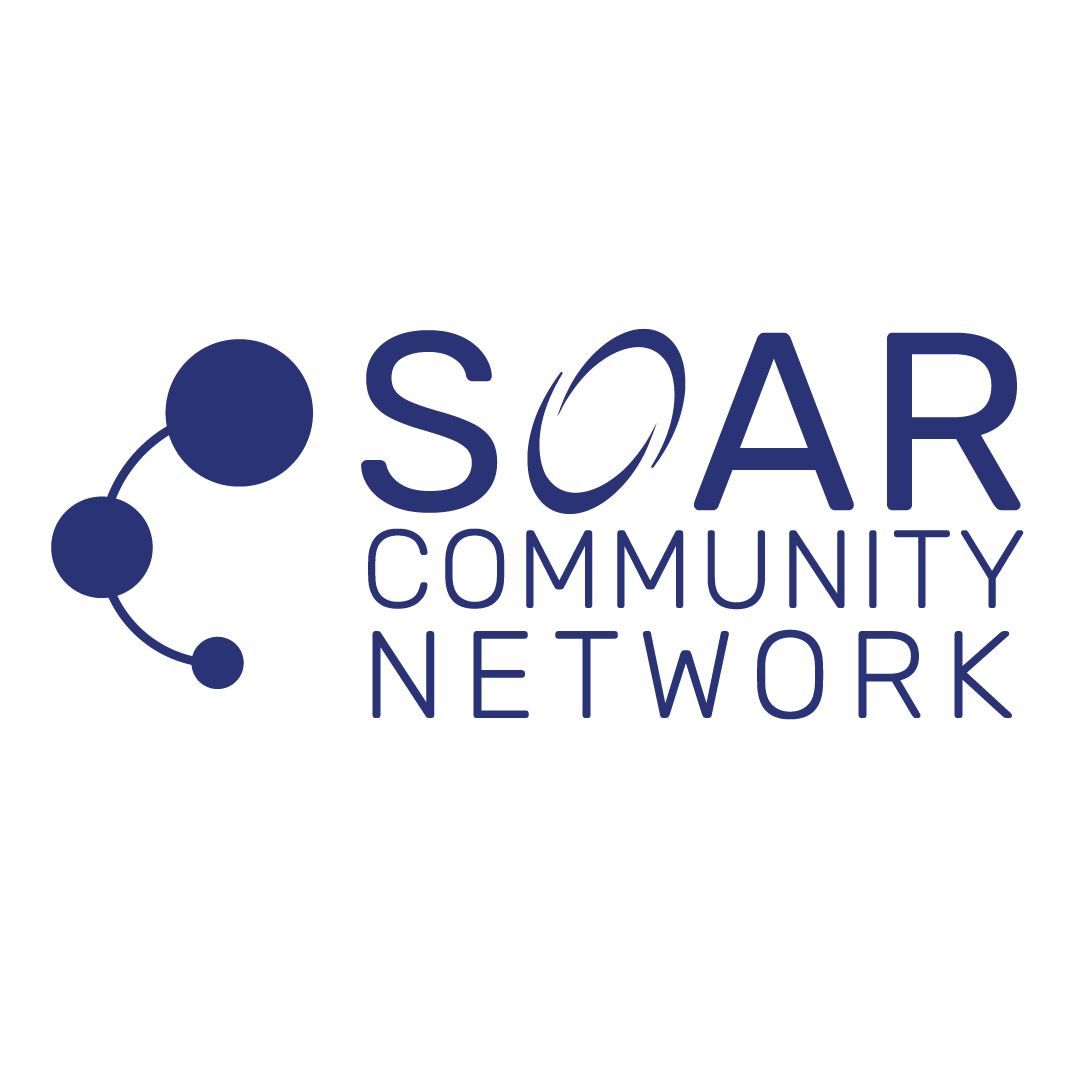Challenge:
In many organizations, employees often feel that the processes and procedures in place are either too cumbersome or too sparse, negatively impacting the quality of their work. When processes are not well-balanced, it can lead to inefficiencies, frustration, and a decline in overall work quality. Addressing this issue is crucial to maintaining high standards and ensuring employee satisfaction.
Solution:
To create an environment where processes support rather than hinder work quality, organizations need to focus on streamlining and continuously improving their procedures. This involves assessing and simplifying existing processes, engaging employees in the refinement process, and implementing systems for continuous feedback and improvement.
- Assess and Simplify: Regular evaluations of current processes are essential to identify bottlenecks and redundancies. Simplifying these processes ensures that procedures are efficient and add value. Behavioral insights and team design tools can be particularly useful in this evaluation, helping to tailor processes to the specific needs and working styles of your team.
- Engage Employees: Involving employees in the process of refining procedures is key. Their firsthand experience provides valuable insights into what is working and what needs improvement. This involvement not only leads to more effective processes but also fosters a sense of ownership and commitment among team members.
- Continuous Improvement: Establishing a system for ongoing feedback and refinement is crucial. Regular updates to procedures based on new insights and evolving needs help maintain high-quality standards. Clients have access to the SOAR C3 Team Meetings Framework, which provides structured methods for continuous improvement through regular team meetings and feedback sessions.
Action:
Implementing these strategies involves several actionable steps:
- Conduct Process Audits: Use behavioral insights and team design tools to conduct thorough audits of current processes. Identify areas where procedures can be streamlined or enhanced to better support quality work.
- Engage Your Team: Create forums or workshops where employees can share their experiences and suggestions for process improvements. Ensure that their feedback is taken into account and that they are involved in the decision-making process.
- Establish Feedback Mechanisms: Implement regular feedback loops, such as the SOAR C3 Team Meetings Framework, to continuously gather insights on process effectiveness. Use this feedback to make iterative improvements and keep procedures aligned with current needs and goals.
- Monitor and Adjust: Regularly monitor the impact of process changes on work quality. Be prepared to make adjustments based on feedback and performance metrics to ensure that processes remain efficient and effective.
Conclusion:
These approaches align with the principles of our C3 Framework, which emphasizes creating a compassionate, cohesive, and collaborative workplace culture. By assessing and simplifying processes, engaging employees, and fostering continuous improvement, organizations can ensure that their procedures support high-quality work. This not only enhances job satisfaction but also drives overall organizational success. Access to tools like the SOAR C3 Team Meetings Framework provides structured support for these initiatives, helping clients maintain a dynamic and efficient work environment.

